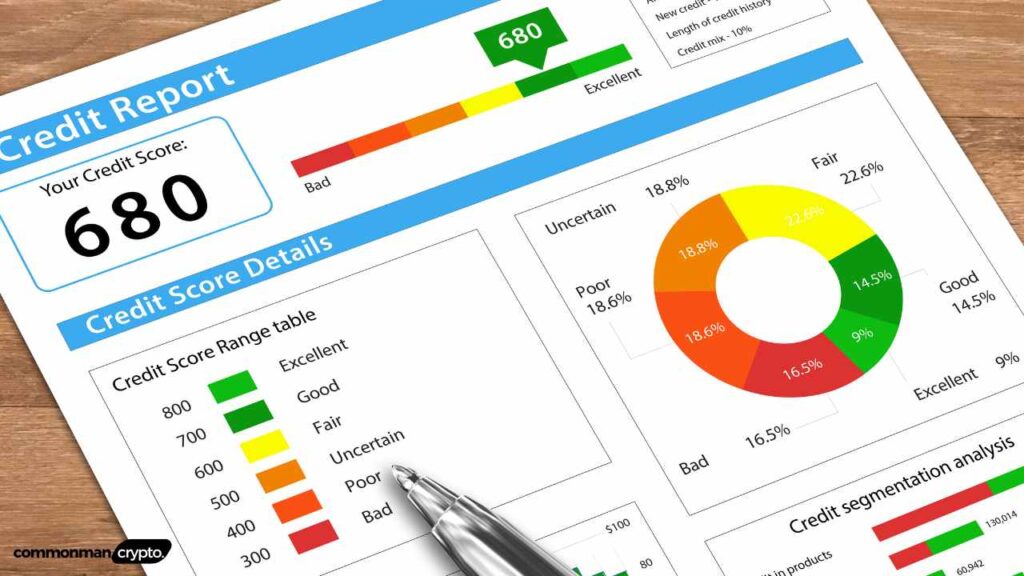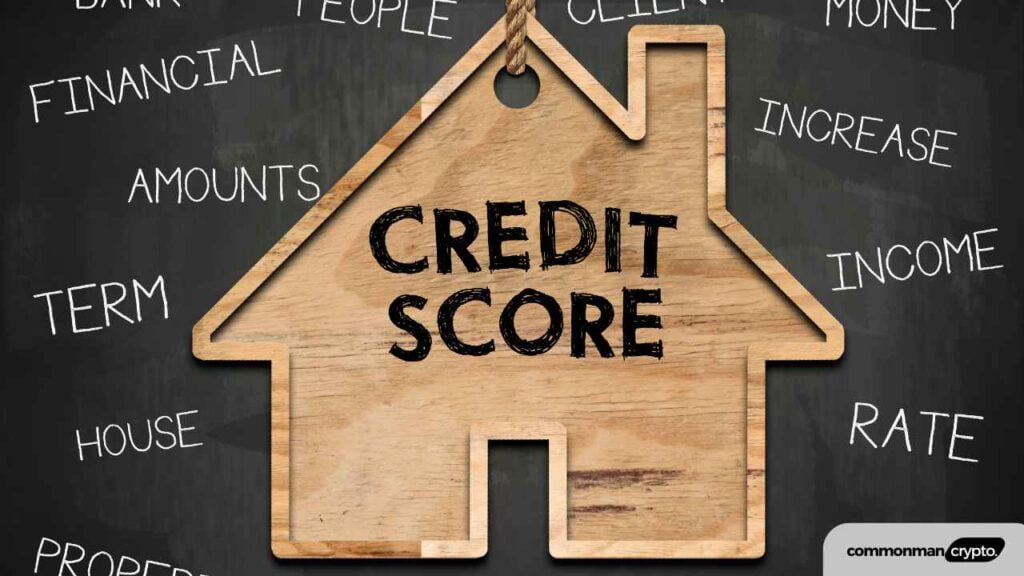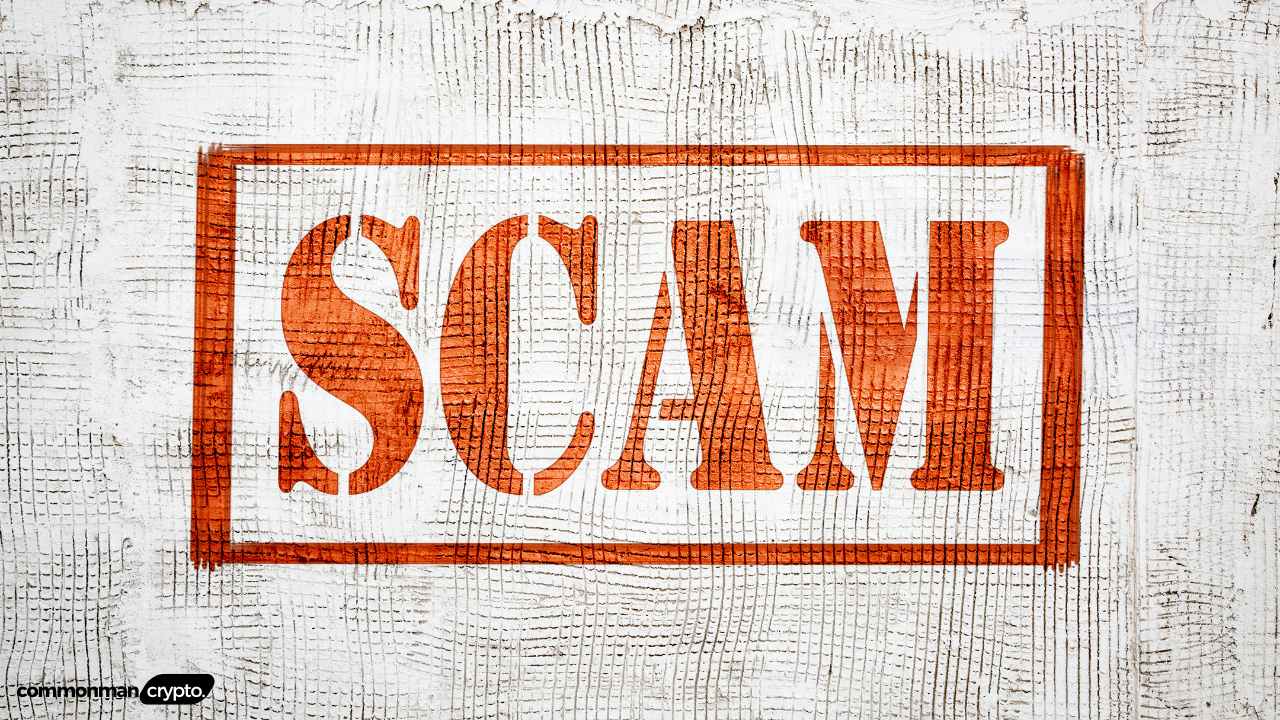If you receive a phone call from “Nationwide Legal Services,” it is important to verify its legitimacy first. If it seems threatening or suspicious, be wary, as legitimate debt collectors must provide written proof of debt collection. If uncertain, use official contact details from their websites or seek advice from legal professionals before acting.

What to do if Nationwide Legal Services calls you?
If you receive a phone call from “Nationwide Legal Services,” it is imperative that you first verify its legitimacy before taking any actions. Here are the steps you should follow:
1. Be Wary of Sharing Personal Information
You should use extreme caution when providing any personal, financial, or sensitive data via telephone calls. Scammers frequently employ intimidation tactics in order to obtain such data.
2. Ask for Written Validation
If your call involves debt collection, ask for a written validation notice from debt collectors. Under the Fair Debt Collection Practices Act (FDCPA), debt collectors are legally obliged to provide evidence of what debt they’re collecting against. That includes proof of the amount owed as well as names of creditors and payment arrangement details.
3. Verify the Company
Check Registration: Search the company on official business registries such as state bar associations and Better Business Bureau (BBB). For instance, BBB recently flagged “Nationwide Legal Services” for potentially fraudulent activities after discovering none of their listed attorneys are registered with Texas state bars.
Company Website: Check the company website to look for any discrepancies, including frequent domain changes and/or lack of professional details. Scammers frequently use AI-generated images and fake names that do not appear in professional directories to scam.
4. Look for Red Flags
Suspicious Communication: Any calls using threatening language, demanding immediate payment, or asking for unusual forms of payment like wire transfers or gift cards should be treated with suspicion and avoided at all costs. Legitimate debt collectors are bound by specific rules and should never threaten or harass their debtors in this manner.
Scam Indicators: Listen for any suspicious phone calls with common scam patterns like claims of “zombie debt” (old, uncollectable debt) or fake DMCA notices from scammers who attempt to use these techniques to defraud individuals and cause financial loss. Scammers use such tactics in order to gain trust before trying to use intimidation and fraud as tools against their targets.
5. Consult Legal Resources
Consumer Protection Agencies: To help manage debt collection calls, seek guidance from agencies like the Consumer Financial Protection Bureau or Federal Trade Commission (FTC). They can inform you about your rights and the process for filing complaints should the need arise.
Legal Advice: If you are uncertain as to the validity of the call, consult a legal professional who can verify claims and advise on appropriate steps for action.
6. Report Suspicious Activity
File a Complaint: If the call appears suspicious, report it immediately to authorities such as the Better Business Bureau, Consumer Financial Protection Bureau, Federal Trade Commission (FTC), or your state attorney general’s office to protect others from falling prey to similar scams. Doing this helps save others from becoming victims as well.
By following these steps, you can protect yourself against scams and ensure you are dealing with legitimate debt collection activities.
How to verify if Nationwide Legal Services is a legitimate company?

To verify if “Nationwide Legal Services” is a legitimate company, follow these steps:
1. Verify for Registration and Licensing Documents
State Bar Association: Verify whether the attorneys listed on your website are registered with their state bar association (e.g. Texas state bar for companies claiming to be located there).
Business Registration: Verify whether the company is registered with all applicable state or local business authorities.
2. Check the Company Website and Contact Info
Website Authenticity: When reviewing websites, look for signs that indicate their legitimacy, such as professional design, clear contact details, and physical addresses. Also, take notice if their domain changes frequently or contains suspicious domain extensions.
Contact Information: Before providing personal or financial details, verify both physical and phone number details provided. Be wary of companies listing addresses that do not match their actual location, such as “fake addresses,” which could be scams.
3. Search Reviews and Complaints
Better Business Bureau (BBB): Utilize the BBB profile of any company to read reviews, complaints, and its rating; for instance, Nationwide Legal Services has been flagged by the BBB for potentially fraudulent activity and has received an F rating.
Consumer Reviews: Conduct research using platforms like Reddit where users have shared experiences regarding scam calls and emails purporting to come from Nationwide Legal Services.
4. Investigate Claims and Services Offered
Validate Service Claims: If a company claims to offer specific legal services, verify them thoroughly. Reputable firms such as Nationwide Legal LLC will offer in-depth descriptions of their offerings, such as court filings and document serving.
Verification of Attorneys: Conduct a search on the names listed on their websites to see if they appear in professional directories such as LinkedIn. If they don’t, this could indicate fake lawyers.
5. Look Out for Red Flags in Communication
Scam Indicators: Be wary of any emails or phone calls using intimidating language, demanding immediate action, or asking for unusual forms of payment – scammers often employ these tactics in order to pressure victims into providing money or personal data that could potentially get them in trouble.
Validation Requests: If approached about a debt, ask for written validation from a legitimate debt collector. They should comply with federal law requirements to provide this documentation.
6. Consult Legal Resources
Legal Advice: For added peace of mind, seek legal or consumer protection advice before making your decisions. These professionals can verify the legitimacy of a company, as well as provide insight on what steps should be taken next.
By following these steps, it should be easier for you to determine whether “Nationwide Legal Services” is a legitimate company or just another potential scam.
What are some common debt collection scams associated with Nationwide Legal Services?

Common debt collection scams associated with entities purporting to be “Nationwide Legal Services” often employ deceptive and aggressive tactics in an attempt to coerce individuals into paying debts they do not owe. Here are some examples of reported scams and tactics:
1. Zombie Debt Collection
Description: Scammers often attempt to collect on “zombie debts,” which are debts beyond the statute of limitation for collection.
Tactics: Debt collectors use various strategies to force individuals into paying old debts that have long since become uncollectable, even if it means legal action or arrest being threatened against them.
2. Threaten Legal Action
Description: Scammers posing as debt collectors may threaten legal action against an individual by filing lawsuits or arresting them in an attempt to extract money owed to them.
Tactics: Con artists use aggressive language and threats to instill fear among potential debtors, pressuring them into making immediate payments or facing consequences from creditors.
3. Fraudulent Validation Notices
Description: Scammers often send fraudulent debt validation notices with inaccurate or false data about the debt in question.
Tactics: Notices may omit essential details required by law, including information such as the identity of the original creditor and the debtor’s rights to dispute the debt.
4. Impersonating Legitimate Companies
Description: Scammers may pose as legitimate debt collection agencies or legal services firms, such as “Nationwide Legal Services.”
Tactics: Scammers may use real company names and logos to appear credible while providing false contact information or websites as a means of deceiving individuals.
5. Demanding Immediate Payment.
Description: Scammers typically demand immediate payment through unorthodox channels such as wire transfers, prepaid cards, or gift cards.
Tactics: Debt collectors may claim that immediate payment is required to avoid serious consequences, including legal action and damage to credit scores.
6. Failing to Submit a Written Validation Document
Description: Legitimate debt collectors are required by law to provide a written validation notice within five days of first contact with their clients.
Tactics: Scammers may refuse to provide notice or provide one that is incomplete or inaccurate, making it more difficult for individuals to verify the legitimacy of a debt claim.
7. Harassment and Abusive Language in a Work Environment
Description: Scammers use harassment and abusive language to force victims into paying up quickly.
Tactics: Debt collectors often employ tactics to force payments – calling repeatedly, using offensive language, and making false threats about what might happen if payments were missed.
8. Misrepresentation of Affiliation
Description: Fraudsters may falsely represent themselves as members of government agencies or law enforcement in order to give credibility to their threats.
Tactics: In order to create an air of authority and urgency, these individuals may use official-sounding names and titles.
Real Example of a Scam
I received anonymous phone calls with blank voicemail messages (that sounded like someone shuffling in their chair), then my mom and brother also got them, though mom’s message was cut off before the end; these included one that went like this (note: typed this using automatic voice to text for voicemail; so some details might not make sense but the caller spoke perfectly English):

“Dear [my mom’s first and last names], this message is for Josh from Nationwide Legal Services. We’re calling in regards to a civil complaint filed out of [mom’s county]. County filing from mitigation sent this paperwork directly to her residence [home address of mom]. Now they want to move forward without representation or counsel for [mom], so she needs to contact him directly – his number can be found by searching google – reference ID [random numbers].”
I recall there was also a line about how the mail had been sent out, but she has not replied. An individual named Victor or someone similar was also mentioned.
My gut told me it was an attempt at scamming her out of money so, I suggested she call the county court instead to confirm there had been no suits filed against her, and they confirmed none had.
Related: How To Remove Nationwide Legal Services From Your Report (2024)
How to Protect Yourself

- By Requesting Written Validation: Always request a written validation notice that includes information on the debt, its source, and your rights to dispute it.
- Verifying the Company: Conduct a verification of the legitimacy of any potential companies by researching their contact details and reviews on reliable websites like Better Business Bureau (BBB).
- Do Not Provide Personal or Financial Details Over the Phone: Never provide personal or financial details over the phone without first being sure that what the caller is asking is legitimate.
- Report Suspicious Activity: If you suspect fraudulent activity, contact either the Federal Trade Commission (FTC), Consumer Financial Protection Bureau (CFPB), or your state attorney general’s office immediately to report it.
By being aware of these scams and understanding your rights under the Fair Debt Collection Practices Act (FDCPA), you can better protect yourself from fraudulent debt collection activities.









